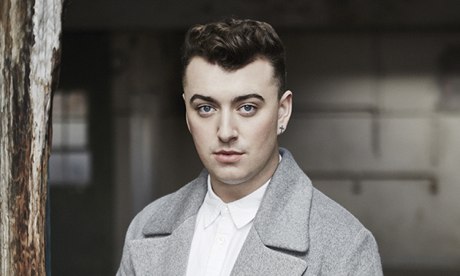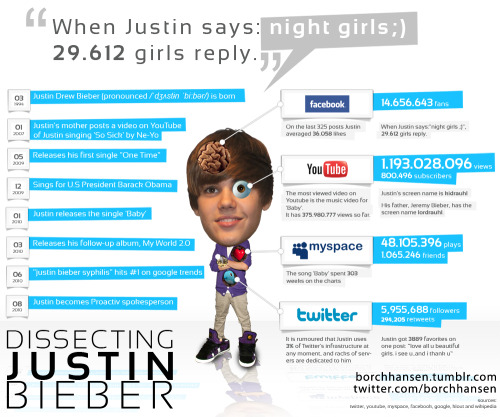Ultimately, we believe that Ustream helps businesses and societies be more transparent, productive, and build deeper relationships — we’ve seen it first hand. And our goal is to educate the masses and give them the ability to harness live video, so that they can achieve these very things. This mission is both ambitious and exciting, and we have an incredible team that is focused on fulfilling our mission.
The unfortunate events in Ukraine have opened our eyes even wider, as three citizen journalist groups surfaced on Ustream last November, providing all of us a first-hand look at the tragedy taking place. Live video has given these brave broadcasters an outlet, despite the highly oppressive conditions on the ground. Their streams continue to bring transparency into the situation, and in the last 24 hours alone, we’ve seen engagement crossing 1 million views.
With it, Ustream plans to provide free access to its ad-free enterprise streaming services, which are also used by brands like Sony and Salesforce, to citizen journalists around the world. The company also wants to help promote the live streams and provide technical support. Spilno.tv and Ukrstream.tv are among the first to receive material support through the program, allowing them to reach more than 50 million viewers since the start of the protests. “It’s our way of giving back to the world,” Hunstable told me.
The move comes as Ustream and some of its competitors are moving away from an emphasis on free, ad-supported live video to focus more on enterprise services. Ustream started to impose new restrictions for its free accounts earlier this year, limiting the ability to archive past shows. Hunstable told me that Ustream will always have a free tier, but that the money is clearly with pro services, and not with ads. Ads matter “less and less” to Ustream, he said.
http://womennewsnetwork.net/2014/02/19/citizen-journalists-safe-zones/
This link is about how citizen journalists can't find safe places in Ukraine.
http://www.reddit.com/r/citizenjournalism/search?q=ukraine
This is an independent blog where by individuals post about citizen journalism.
http://www.reddit.com/r/citizenjournalism/search?q=ukraine
This is an independent blog where by individuals post about citizen journalism.







